Substance abuse and addiction have long been understood as behavioral problems, but recent research in the field of neuroscience has shed new light on the underlying causes of these issues. It turns out that addiction is not simply a matter of willpower or personal choice—it is a complex brain disorder that involves changes in brain structure and function. The neuroscience of addiction can help you better understand how addiction develops, why it persists across time, and how you might go about treating it.
Roaring Brook Recovery offers substance abuse treatment in Kentucky that can support lasting recovery. Call 855.590.9944 today to talk to an admissions specialist.
How Substance Use Affects the Brain
One key area of the brain that is affected by substance use is the reward system. This system is responsible for releasing pleasure-inducing chemicals like dopamine in response to pleasurable experiences, such as eating food or engaging in sexual activity. However, when drugs or alcohol are introduced into the mix, they can trigger an overproduction of dopamine, leading to a state of intense pleasure and reward.
Over time, the brain becomes accustomed to this heightened level of dopamine, and it becomes harder and harder to feel pleasure from normal activities. This can lead to a cycle of addiction, as the individual seeks out the substance in an effort to achieve the same level of pleasure they experienced before.
Neuroplasticity and Addiction
Another factor that plays a role in addiction is the brain’s ability to adapt to changes in its environment. This process, known as neuroplasticity, allows the brain to reorganize itself and form new neural connections in response to new experiences.
For individuals struggling with addiction, this process can lead to changes in the brain’s structure and function that make it harder to resist the urge to use substances. It can also lead to the development of cravings and withdrawal symptoms when the individual tries to stop using the substance.
Signs and Symptoms of Addiction
There are a number of signs and symptoms that can indicate an individual is struggling with addiction. These include:
- Substance use interfering with job responsibilities or other aspects of life
- Increasingly risky behavior associated with substance use
- Cravings for the substance, even when trying to quit
- Withdrawal symptoms when not using the substance
- Experiencing pleasure from using the substance
Addiction is a complex disorder, and it can be difficult to overcome without professional help.
Treatment Addiction Using Neuroscience
So, what can be done to help individuals struggling with addiction? Fortunately, there are a number of evidence-based treatments and therapies that have been shown to be effective in helping individuals overcome addiction and maintain long-term recovery. These can include cognitive-behavioral therapy, contingency management, and 12-step programs, among others.
Treatment that takes into account the neuroscience of addiction can be particularly helpful, as it focuses on helping individuals understand the underlying cause of their addiction. This type of treatment often involves medications that can help address imbalances in brain chemistry or neurofeedback techniques that can help rewire neural pathways and promote self-management skills.
Contact Roaring Brook Recovery Today for Addiction Treatment
At Roaring Brook Recovery, we are passionate about providing our participants with the tools and support they need to build a plan for recovery that works for them. Our team of professionals is trained in the latest evidence-based treatments and therapies, and we are committed to providing a safe, supportive environment for our participants to begin their journey toward lasting recovery.
Call 855.590.9944 or reach out to the Roaring Brook Recovery team online today to get started.


